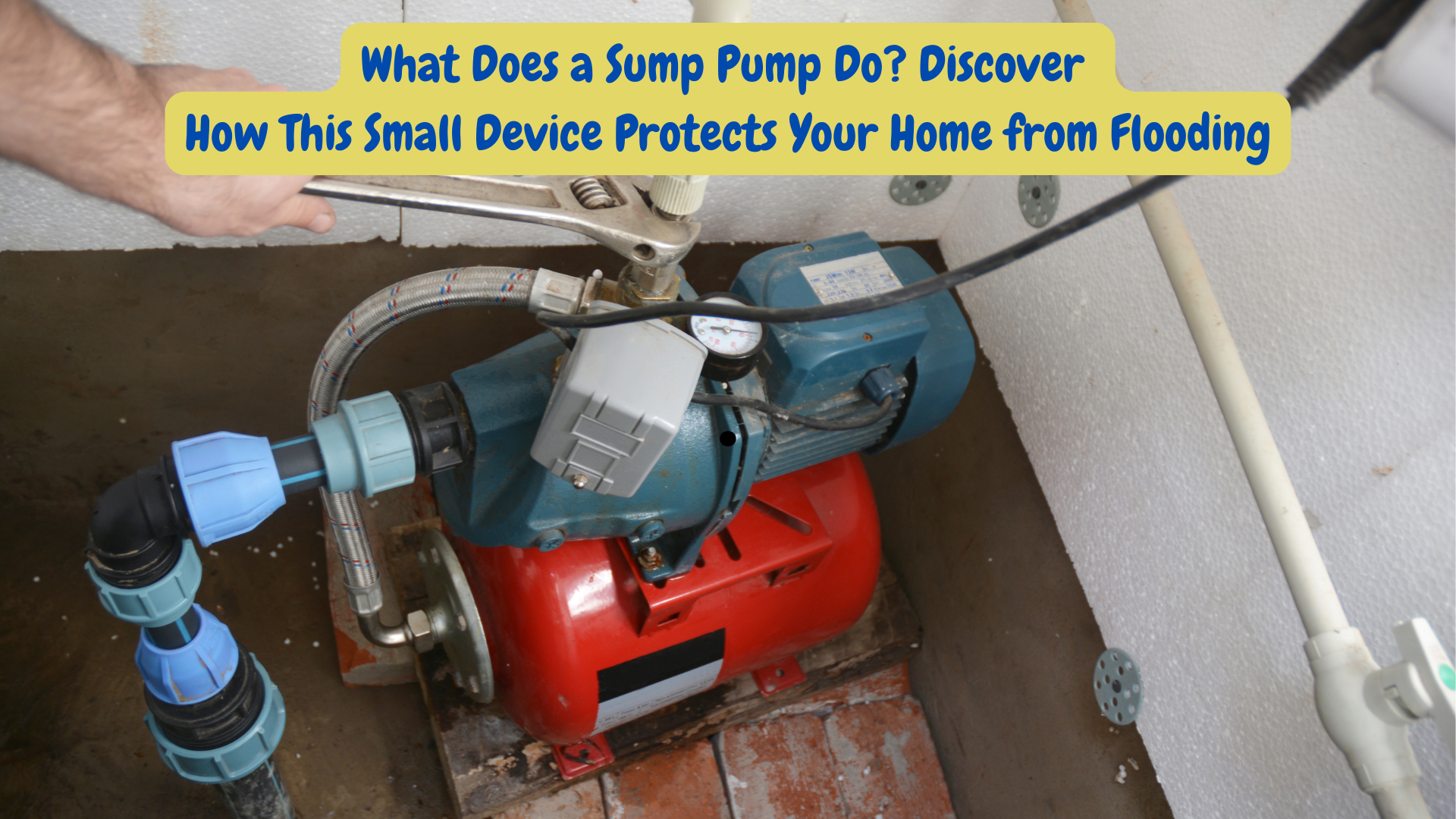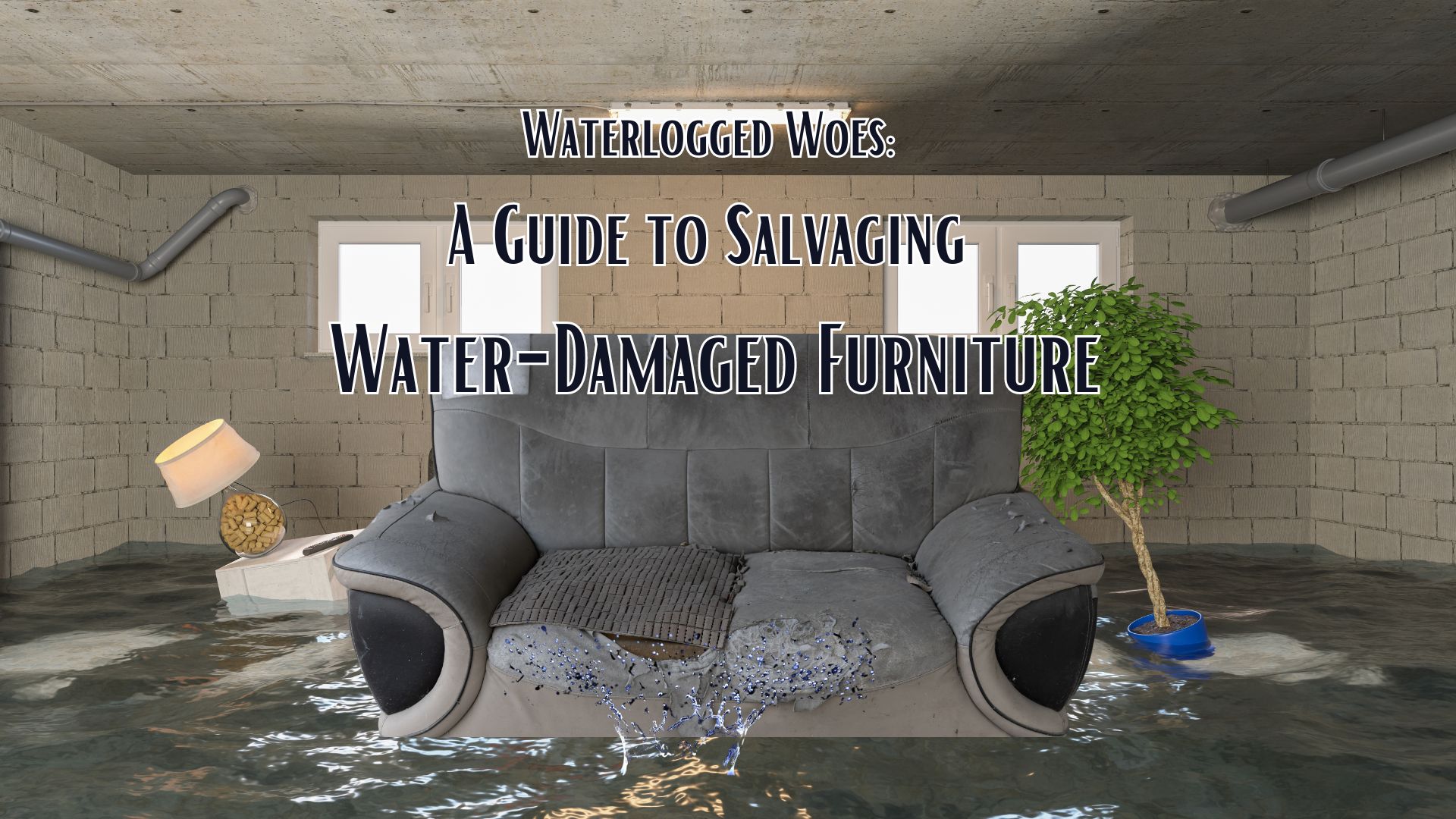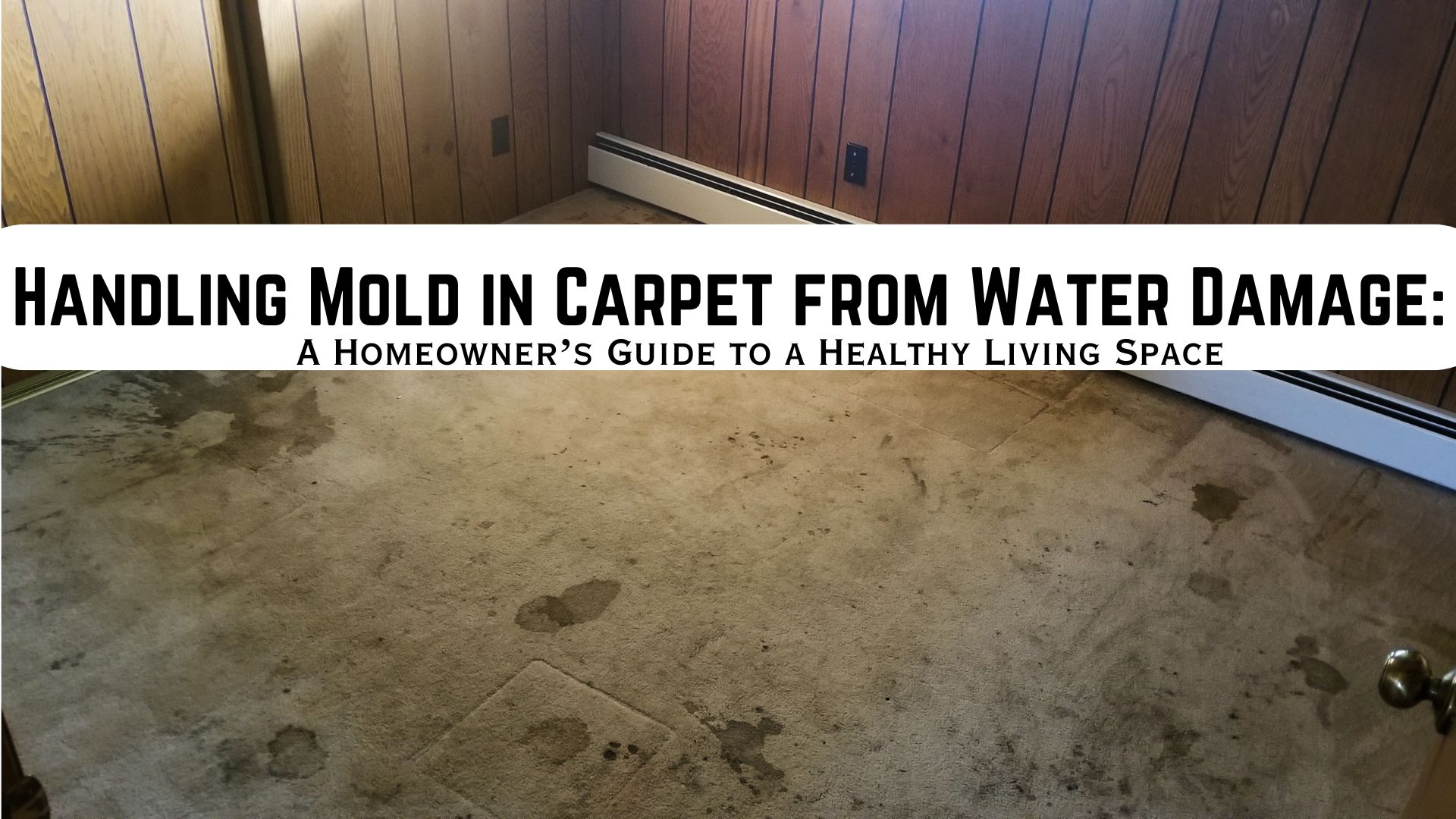
Understanding the Risks
Water damage can occur in various ways, and understanding the potential risks is the first step in preventing water damage to your home. The following are common causes of water damage:
- Water Flowing Where It Shouldn’t
Water should flow through your plumbing system and drainage pipes, not into your living spaces. A water leak or burst pipe can quickly lead to significant damage if not addressed promptly.
- Poorly Maintained Appliances
Appliances like washing machines and dishwashers can cause water damage if not properly maintained. Regularly clean and inspect these devices to prevent water leaks.
- Clogged Gutters
Cleaning gutters is an essential maintenance task. When gutters are clogged, rainwater can overflow, causing water damage to your home’s foundation and walls.
- High Water Pressure
Excessive water pressure in your plumbing system can stress pipes and fixtures, increasing the risk of leaks and bursts. Monitoring water pressure can help prevent this issue.
- Ice Dams
In cold climates, ice dams can form on your roof, preventing water from draining properly. This can lead to roof leaks and water damage in your home.
- Water Heater Issues
Water heaters are prone to leaking if they are not regularly maintained. Inspect and service your water heater as part of preventing water damage.
Strategies for Preventing Water Damage
Now that we understand the potential risks, let’s delve into the strategies and tips for preventing water damage to your home.
1) Act Promptly with Spills: Never underestimate the importance of immediate spill clean-up. Even seemingly minor spills can seep into floors, causing mold, mildew, and potential health hazards. Take swift action, especially with hardwood floors, to prevent warping and twisting.
When you spot any signs of water damage or a water leak, it’s essential to act quickly. Neglecting the problem may result in more severe damage and expensive repair work.
Promptly address any water-related problems, whether it’s a dripping faucet, a minor plumbing leak, or a malfunctioning appliance.
2) Burst or Broken Pipes: A burst or broken pipe can cause significant water damage. In such emergencies, first, turn off the main water supply to your house. This action will stop further flooding, allowing you to address the burst pipe effectively.
3) Regular Maintenance and Inspection: One of the most effective ways to prevent water damage is to properly maintain your home and its components. This includes:
- Plumbing System
Your plumbing system is a network of pipes and fixtures that carry water throughout your home. Regularly check and inspect for any signs of damage or wear and tear. Look for leaks and drips, and address them immediately. Preventing water damage starts with a well-maintained plumbing system.
- Appliances
Washing machines and dishwashers are common culprits when it comes to water damage in the home. Ensure that these appliances are in good working condition and replace hoses if they show signs of aging or wear. Additionally, regularly clean the filters and inspect for any water leaks.
- Cleaning Gutters
Cleaning gutters is a simple yet effective way to prevent water damage. Debris and leaves can clog your gutters, causing rainwater to overflow. Regularly clean your gutters to ensure proper drainage and avoid water damage to your home’s foundation and walls.
4) Monitoring Water Pressure: Water pressure is a critical factor in preventing water damage. Elevated water pressure can place excessive strain on your plumbing system, which can result in leaks and pipe ruptures.
To monitor your water pressure, you can install a pressure gauge on your main water line. If you notice that the pressure is consistently too high, consider installing a pressure regulator to protect your pipes and fixtures.
5) Installing Sump Pumps: In areas prone to flooding, installing a sump pump can be a lifesaver. A sump pump helps prevent water damage by removing excess water from your basement or crawlspace. It automatically activates when water levels rise, preventing water from seeping into your home.
6) Leak Detection Systems: Advanced technology has made it easier than ever to prevent water damage through the use of leak detection systems. These systems can monitor your water lines and alert you to potential leaks or bursts, allowing you to take immediate action. While they may require an initial investment, they can save you from costly water damage repairs.
7) Properly Insulate Your Home: In colder climates, proper insulation can help prevent ice dams on your roof. Insulating your attic and ensuring that your home is well-sealed can keep the heat inside, reducing the likelihood of ice dams forming and causing water damage.
8) Preventing Ice Dams: In areas with cold winters, ice dams can pose a significant threat to your home. Preventing ice dams involves proper insulation, ventilation, and roof maintenance. Keep your attic well-ventilated to maintain consistent roof temperature and prevent the formation of ice dams.
9) Hiring a Water Damage Restoration Company: When in doubt, it’s best to call in professionals. A water damage restoration company can assess the situation and provide expert assistance in preventing further damage. Their expertise and prompt action can save you from costly repairs and health-related issues.
Preventing Water Damage: Homeowners Insurance
While not a preventative measure in itself, having homeowners insurance is essential in case water damage does occur. Make sure your policy covers water damage in your home and understand the terms and conditions. Having insurance can provide financial protection in the event of unforeseen water losses.
Save on Water Bills
Monitoring your water consumption not only helps in preventing water damage but can also save you money on your water bills. Fixing leaks and practicing water-saving habits, such as using low-flow fixtures, can reduce your water usage and lower your monthly expenses.
Structural Damage
Preventing water damage is not only about avoiding immediate problems but also preserving your home’s long-term structural integrity. Water can weaken and erode the structure of your home, leading to costly repairs and safety hazards. Regular maintenance and vigilance can help safeguard your home against structural damage caused by water.
For Preventing Water Damage—Superior Restoration can help!
Every homeowner should approach the task of preventing water damage with a strong sense of responsibility. Water damage can result from various factors, including water flowing where it shouldn’t, poorly maintained appliances, clogged gutters, high water pressure, ice dams, water heater issues, and more. By following the strategies and tips outlined in this guide, such as regularly maintaining your plumbing system, monitoring water pressure, using sump pumps, and investing in leak detection systems, you can shield your home from the possibility of water damage.
Remember that acting promptly when you notice any signs of water damage is essential, as timely intervention can prevent more extensive issues and costly repairs. Don’t forget to have a robust homeowners insurance policy that covers water damage, providing you with financial protection in case of unforeseen water losses.
By taking these preventative measures, you can enjoy the peace of mind that comes with a dry and secure home, free from the damaging effects of water. Plus, you’ll likely save on your water bills and preserve the structural integrity of your beloved home. So, take action now and start preventing water damage to your home before it becomes a costly and stressful problem.
Please don’t hesitate to contact our 24/7 office Water Damage Temecula, today!




